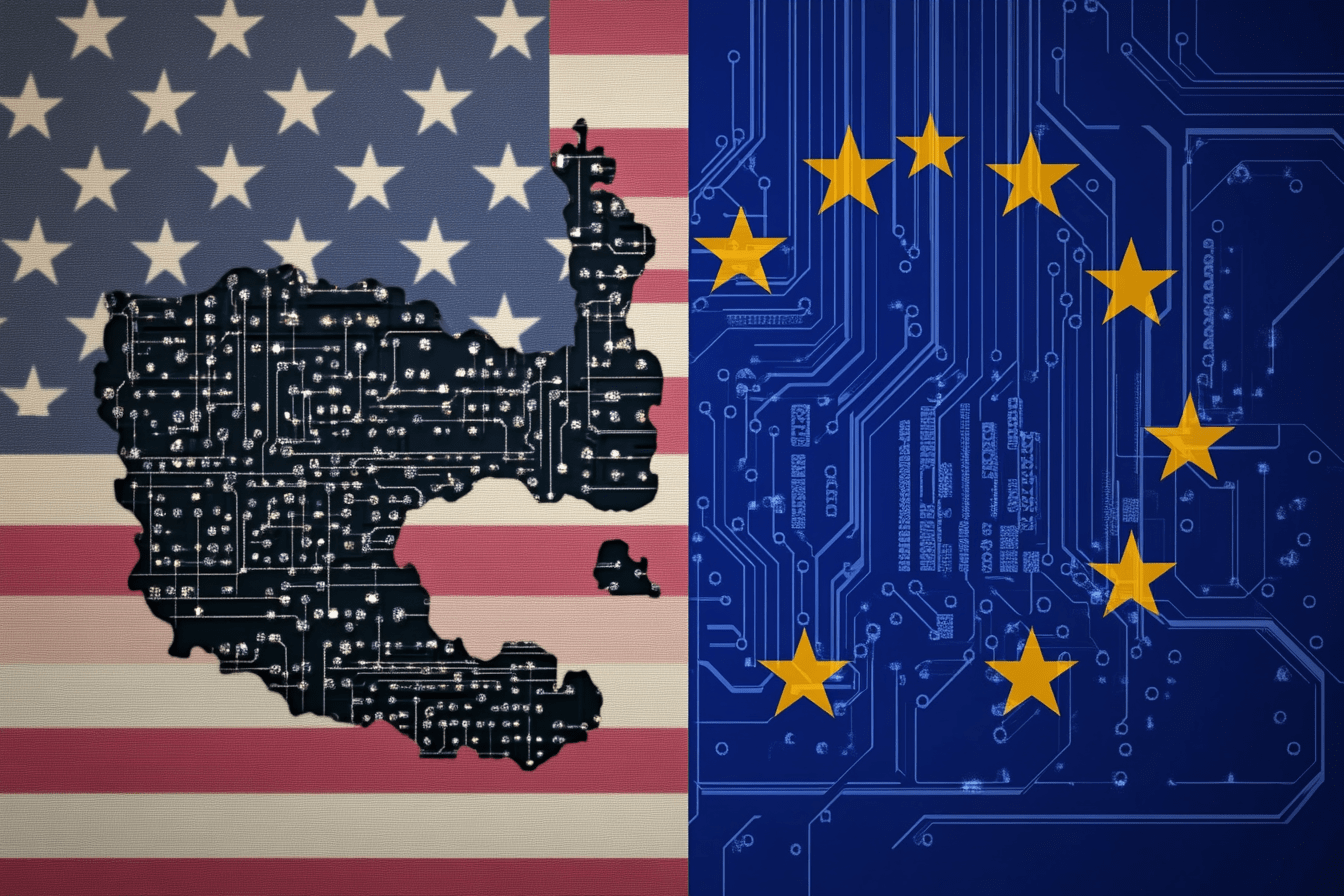Policy Brief n.33 - The Technological Paradigm, Stupid
European policymakers keep pushing the narrative that boosting AI development is key to European competitiveness. But stakes are much higher, because super-intelligent AI will confer enormous geopolitical leverage to those who control it.

-
FilePB33_The Technological Paradigm, Stupid.pdf (568.46 KB)
Executive Summary
European policymakers keep pushing the narrative that boosting AI development is key to European competitiveness. But stakes are much higher, because super-intelligent AI will confer enormous geopolitical leverage to those who control it.
Europe has three options. The first is accepting the dominance of US incumbents in frontier AI development, and instead specialize in AI applications.
The second option is forming a joint venture under EU governance, which would allow European firms to compete with the incumbent tech giants, and at the same time mitigate the geopolitical risk involved in having frontier AI controlled by a few private citizens.
The third option is to develop a different kind of AI. The current vintage of frontier models relies on huge amounts of data for training. Due to market forces and political constraints, it is unlikely that European firms will ever be able to compete in “data-intensive” AI.
Thus, the best chance for Europe is to develop systems that are less subject to such a comparative disadvantage. But radical innovation requires risky experimentation. Cutting red tape and re-directing public support to high-risk-high-reward projects is what it will take.
IEP@BU does not express opinions of its own. The opinions expressed in this publication are those of the authors. Any errors or omissions are the responsibility of the authors.
